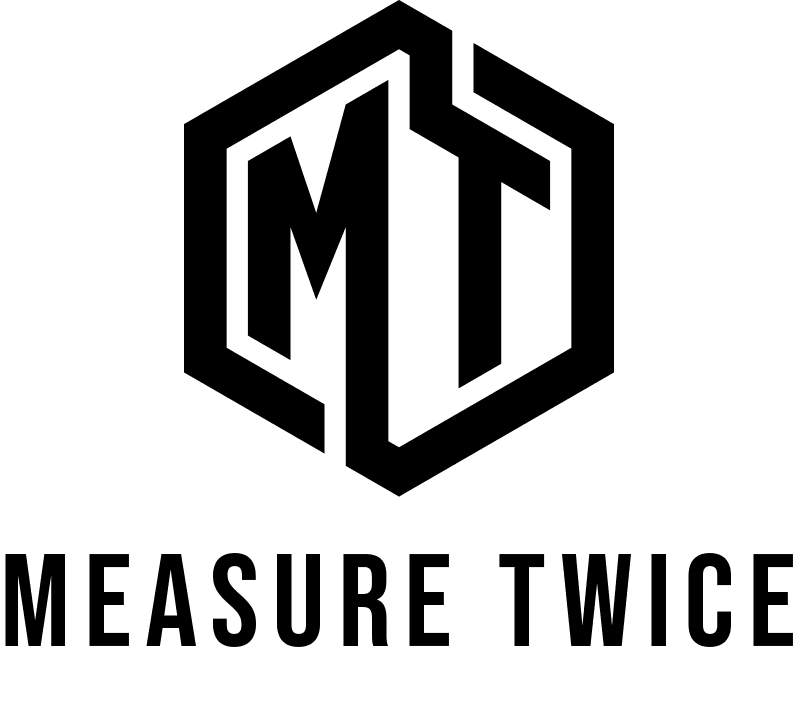The Contract Line
I had recently come across a line in a building contract which read " you will only be charged for the hours that are used".
I was stunned for a while after reading that. I must have read it wrong. No, I read it again and the self-evident statement was still there.
It is a relief I suppose, that you will only be charged for the hours that are used. Right?
There were also some rates noted in there , which were quite reasonable as well.
Five points to ponder
I recently came across a line in a building contract that stated the builders’ hourly rates, followed by the assurance, “you will only be charged for the hours that are used.” At first glance, it seemed straightforward, but it made me ponder whether this arrangement had its drawbacks. Here are five points to consider when evaluating hourly rates:
1.Risk-Free for the Builder: Hourly rates ensure that the builder bears no risk, as all margins, overheads, and costs are factored into the rate.
2.Lack of Incentive for Efficiency: With hourly rates, there’s no motivation for the builder to work quickly. Unlike fixed rates, where efficiency translates to higher profits, hourly rates remain unaffected by the pace of work.
3.Variation in Rates: Hourly rates vary based on factors like experience levels, leading to uncertainty about the final cost. The composition of the workforce—mixing low-rate workers with higher-rate professionals—further complicates cost estimation.
4.Lack of Scope Clarity: Hourly rates don’t delineate the scope of work or include material quantities, increasing the likelihood of missed items or overlooked extras.
5.Additional Costs: Consider whether the hourly rate covers overheads, margins, and administration fees, or if these are charged separately. Assess if this pricing model truly reflects the fair market value.
In conclusion, before accepting an hourly rate quote, pause to contemplate if it’s the most suitable approach for your project. While convenient, it may not always offer the best value proposition.


